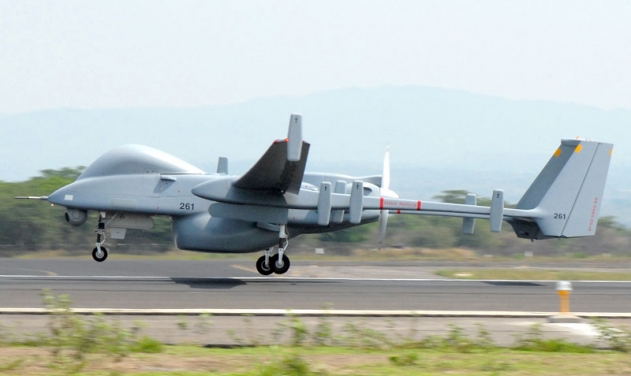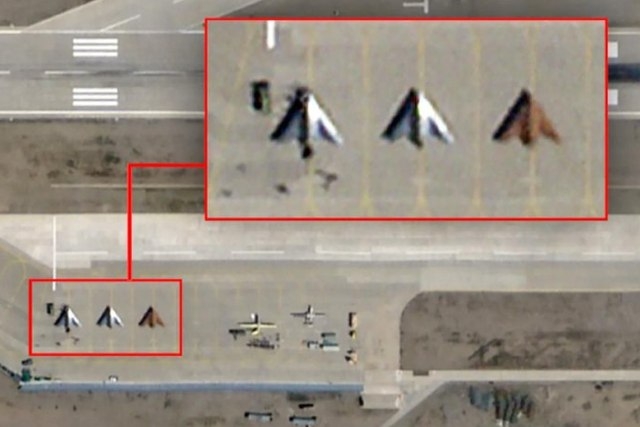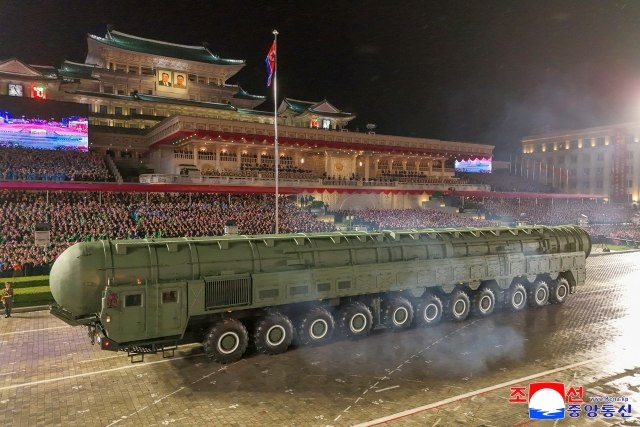Israel Refuses To Sign US Regulation Of Drone Exports Document

Israel has refused to sign an US document on regulation of drone exports saying the American document could damage Israeli exports.
The one-page document covers international legal standards, oversight of exports and transparency in the use and export of armed drones, Haaretz reported Sunday.
Sources in Israel’s defense industry were quoted as saying to Ha’aretz that they think the American document could limit their export business, and, in fact, constitutes yet another American attempt to damage Israeli exports. They cite another US move in admitting India to the multilateral Missile Technology Control Regime, these removing barriers to the sale of American drones to India.
Shortly thereafter, India went shopping for the US made Predator drone over its Israeli competitors. Ha’aretz reported earlier about a lawsuit by an American company, General Atomics, trying to block Israel from leasing the Heron TP drone to Germany. Slowly but surely, these and other American companies have been encroaching on a field where in the past Israeli products ruled.
In February 2015, the US Department of State announced a “new policy” pertaining to the export of military drones, that a number of news outlets have hailed as a lifting of restrictions on the export of military, armed drones – referred to by industry as Unmanned Aircraft Systems (“UAS”). Concurrent with the Department of State release of its policy, the US Department of Commerce signaled the near-term publication of regulatory changes in the Export Administration Regulations (“EAR”) regarding the export licensing of small non-military UAS.
The two announcements are part of an overall Obama Administration policy to regulate the export of UAS in a manner consistent with national security objectives, without over-regulating UAS that are less-sensitive.
According to the announcement, the standards for the sale, transfer, and subsequent use of U.S.-origin military UAS are formulated in five different categories; Sales and transfers of sensitive systems to be made through the government-to-government Foreign Military Sales program; Review of potential transfers to be made through the Department of Defense Technology Security and Foreign Disclosure processes; Each recipient nation to be required to agree to end-use assurances as a condition of sale or transfer; End-use monitoring and potential additional security conditions to be required; and All sales and transfers to include agreement to principles for proper use.
So far, the document has been signed by more than 40 governments, including Austria, Germany and Italy.
A senior Israeli Air Force official told Ha’aretz that the one advantage the Israeli drones still possess is the promise to potential buyers to train with Israel’s drone squadron, because the Israel Air Force is considered the world’s expert in the use of drones.












